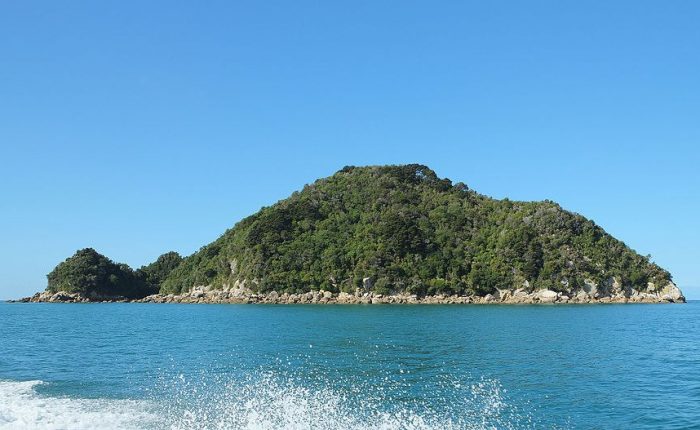When you come to Tonga either to live here or just for a short time please be aware that you on a Pacific island and there are dangers you won’t encounter in lets say Germany or Canada.
Due to the heat and humidity little scratches can easily get infected. You should always disinfect them immediately and put some band-aid or gauze on it to avoid that flies lay eggs in the open wound and infect you with some serious diseases.
When diving or snorkeling around coral reefs be on the look-out for sea snakes. Usually they are more afraid of you than you of them and if they attack your wetsuit will probably protect you against their teeth, but it is always good to be careful and look out for them, as antivenom is not readily available on the islands.
If you like to collect shells you should be very careful collecting cone shells along shallow coral reefs as they actually can sting you provoking rashes and in severe cases nausea, palpitations and faintness.
If you like to eat fresh fish be are of the ciguatera toxin that may be found in large reef fish, most commonly barracuda, grouper, red snapper, eel, amberjack, sea bass, and Spanish mackerel. Ciguatera toxin is harmless to fish but poisonous to humans. The toxin is odorless and tasteless, and it is heat-resistant, so cooking does not destroy the toxin. Eating ciguatera-contaminated tropical or subtropical fish poisons the person who eats it and symptoms include vomiting, nausea, diarrhea, abdominal pain and dizziness.
Be very careful and best avoid to swim when you see big jellyfish in the water or stranded at the beach. Jellyfish stings can be painful to humans and sometimes very dangerous. When stung remove all tentacles from the sting site and rinse thoroughly, preferably with hot water. If hot water isn’t available use seawater. Do not use fresh or tap water, which can reactivate stinging cells. Plain white distilled vinegar (acetic acid) like you would find in your kitchen has long been the standard first aid treatment for jellyfish stings. Rinse the area with vinegar for at least 30 seconds to deactivate the stinging cells. Watch for confusion, chest pain, and weakness. Always seek emergency medical treatment for these.
Tonga is a tropical country which means lots of sun and heat. If you come from a cooler climate you will probably be only too happy to enjoy the sun and warmth without taking the necessary precautions. You will have to make sure to drink enough water to avoid dehydration, as you will lose liquids and salts by sweating due to the heat. This loss of body fluids and salts can lead to heat exhaustion. If you have the following symptoms you should quickly go to a cool and shaded place and drink lots of water:
- very hot skin that feels ‘flushed’
- heavy sweating
- dizziness
- extreme tiredness (fatigue)
- nausea (feeling sick)
- vomiting
- a rapid heartbeat (tachycardia)
- confusion
- urinating less often and much darker urine than usual
In more severe cases the exposure to too much sun can lead to heat stroke. The symptoms of heatstroke can develop over several days in vulnerable people, such as the elderly and those with long-term health problems. Symptoms develop more quickly when associated with physical activity. This type of heatstroke, known as exertional heatstroke, usually affects young, active people.
Symptoms include:
- high temperature – a temperature of 40°C (104°F) or above is one of the main signs of heatstroke (although it can be diagnosed at lower temperatures and some people can reach these temperatures during physical activity without developing heat exhaustion or heatstroke)
- heavy sweating that suddenly stops – if the body can’t produce any more sweat, the skin will become dry which is a major warning sign that the body has become over-heated and dehydrated
- a rapid heartbeat
- rapid breathing (hyperventilation)
- muscle cramps
Heatstroke is a medical emergency. Request an ambulance if you think that you or someone you know has heatstroke. While waiting for the ambulance to arrive, move the person somewhere cool and give them fluids to drink (preferably water). You could also cool their skin with water by placing a damp flannel or sheet on them or spraying them gently.
Knowing about all these health hazards will help you to be conscious of the dangers being present even in the most beautiful places in the world so you can be as careful as possible to avoid them and enjoy your daily life in Tonga to the fullest.
Like Our Articles?
Then make sure to check out our Bookstore... we have titles packed full of premium offshore intel. Instant Download - Print off for your private library before the government demands we take these down!






